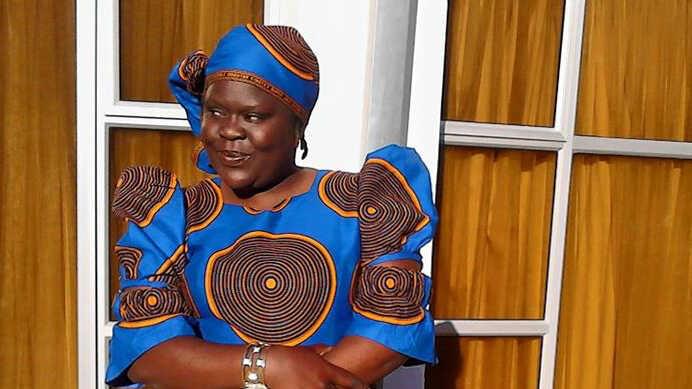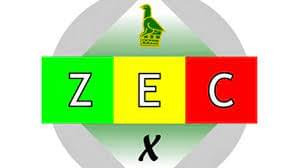LEAD party President Linda Masarira has proposed a power-sharing arrangement for Zimbabwe in the form of its former Government of National Unity (GNU) following the country’s contested electoral results. Masarira, who failed to pay the US$20,000 required by Zimbabwe Electoral Commission (ZEC) to contest for presidency, said the country’s electoral processes were continuing to produce contested outcomes.
She further proposed a 10-year hiatus to elections with the country being handled by a negotiated government that will oversee amendment of laws and national healing. ZEC declared President Emmerson Mnangagwa winner of the August 23 polls with 52.6% against main rival Nelson Chamisa of the Citizens Coalition for Change’s (CCC) 44%.
The former human rights activist said a GNU would reduce chances of disgruntled opposition party supporters (which she did not name) from resorting to violence following President Emmerson Mnangagwa’s ‘re-election.’ Masarira’s party did not field a candidate in any of the country’s 210 constituencies. Nomination required a US$1,000 fee that she said was beyond the reach of many, arguing public office had become the preserve of the rich.
“As a political party that was involved in the Zimbabwean 2023 elections, LEAD proposes that since the elections stand disputed the only way forward is an all-inclusive power-sharing arrangement,” read a statement shared by Masarira.
“The LEAD proposed power-sharing arrangement aims to reduce the risk of continued political polarisation and the possibility of civil conflict by guaranteeing all political parties and civil societies a role in the Zimbabwean government, directly or indirectly, thus lessening the stakes of political contestation.
“In this way, the proposed power-sharing will reduce the risk that spoilers will resort to violence if they do not succeed in the process of democratic electoral contestation.
“The high expectations, Zimbabweans often put on elections tend to be accompanied by a weakness in the preconditions for their success. As a polarised society, Zimbabwe lacks the political climate, social and economic stability, institutional infrastructure, and political will to mount successful elections.
“The signing of the power-sharing agreement and its subsequent approval by the country’s legislature and implementation has to contribute in reducing the violence that may engulf the country after the elections
“The adoption of power-sharing may also lead to a reduction of protests by the opposition parties and their supporters. It may also minimize perceived and real government repression and the flagrant abuse of human rights by state security apparatuses. Power-sharing will thus present Zimbabweans with a rare chance to salvage the hitherto seemingly implacable socio-economic and political conflicts.”
Both Chamisa and Mnangagwa have claimed wins. Chamisa has promised to fight ZEC’s alleged attempts at denying Zimbabweans their right to choose a preferred leader.
CCC has raised matters with the manner in which ZEC handled the election, citing shortage of ballots, failure to avail an auditable voters roll, voter suppression, intimidation and disregard for basic requests such as viewing the ballot paper and ink.
Similar concerns were raised by observer missions from the SADC region, European Union (EU) and The Commonwealth, which Zimbabwe intends to rejoin.
Source NewZimbabwe










